APTA Members Urge Full Funding of Public Transit, Passenger Rail at Legislative Advocacy Fly-In
10/23/2025
APTA members met with key Members of Congress during the association’s Legislative Advocacy Fly-In Oct. 22 to advocate for robust federal investment in public transportation infrastructure and critical statutory reforms. Both the Senate and House of Representatives have advanced FY26 THUD Appropriations bills.
APTA business members, public transit agency CEOs, and transit board members met directly with six Senators and Representatives, including Senator John Curtis (R-UT) and Representatives Jasmine Crockett (D-TX), Tom Kean Jr. (R-NJ), Celeste Maloy (R-UT), Dan Newhouse (R-WA), and Lloyd Smucker (R-PA).
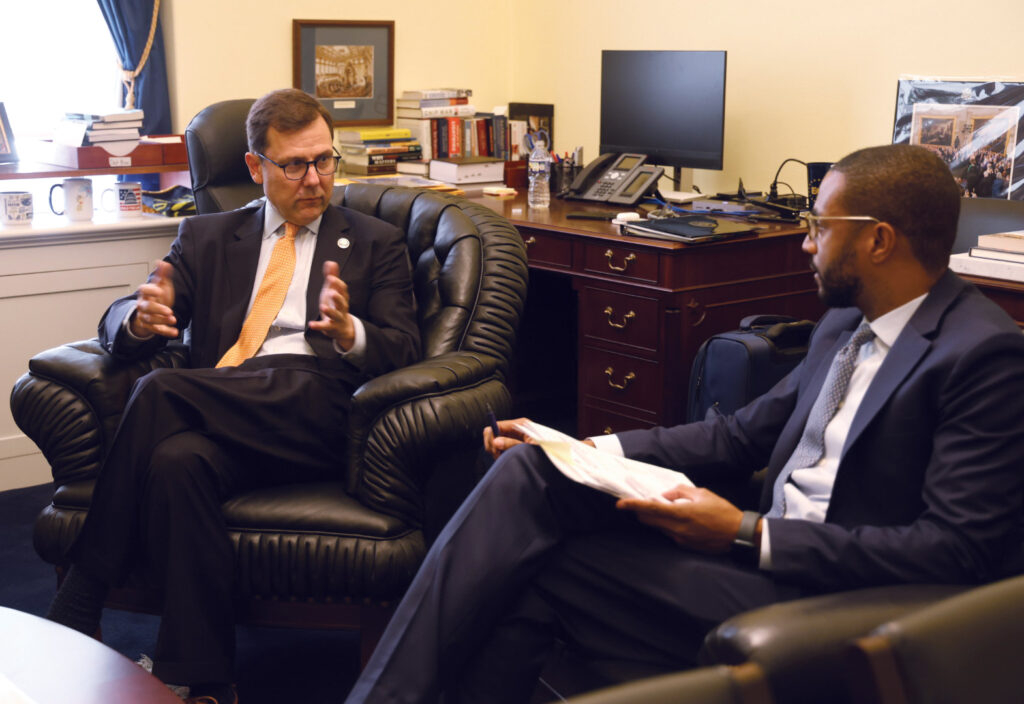
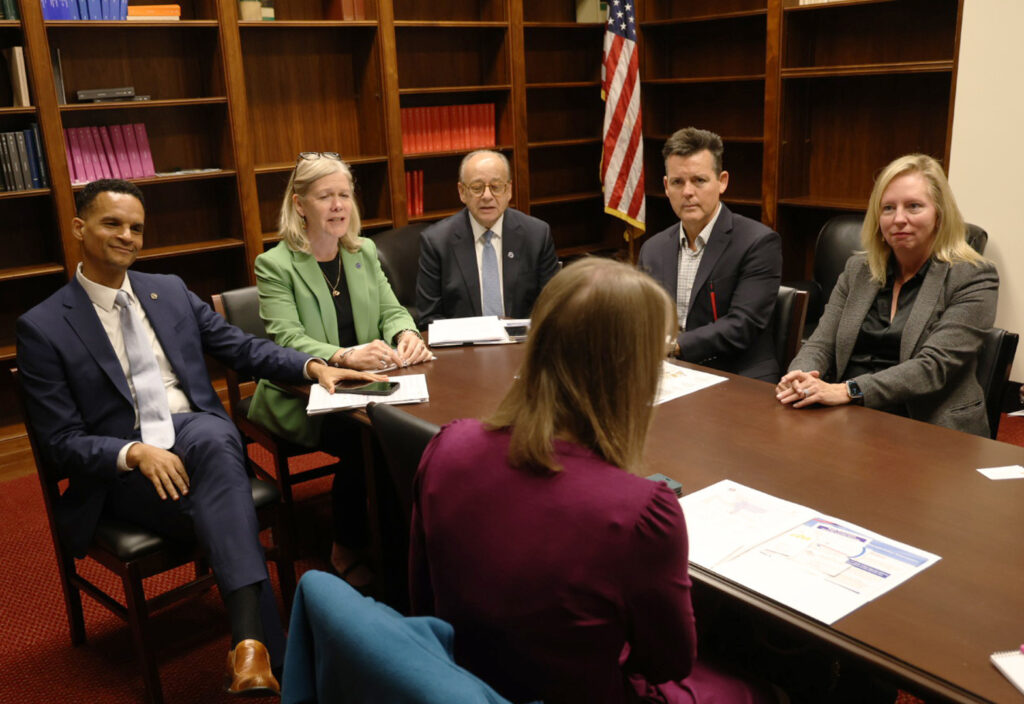
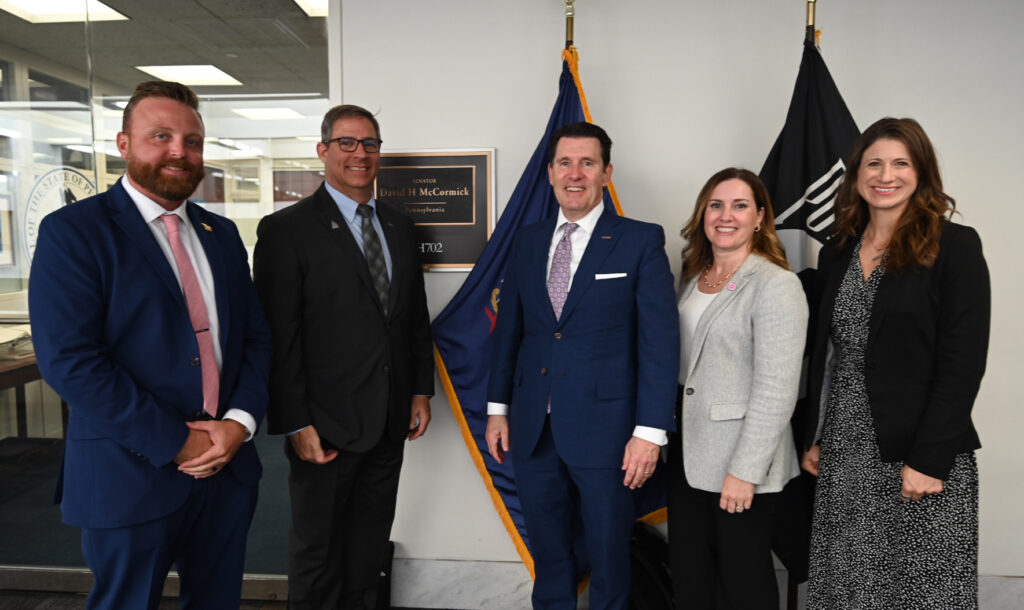
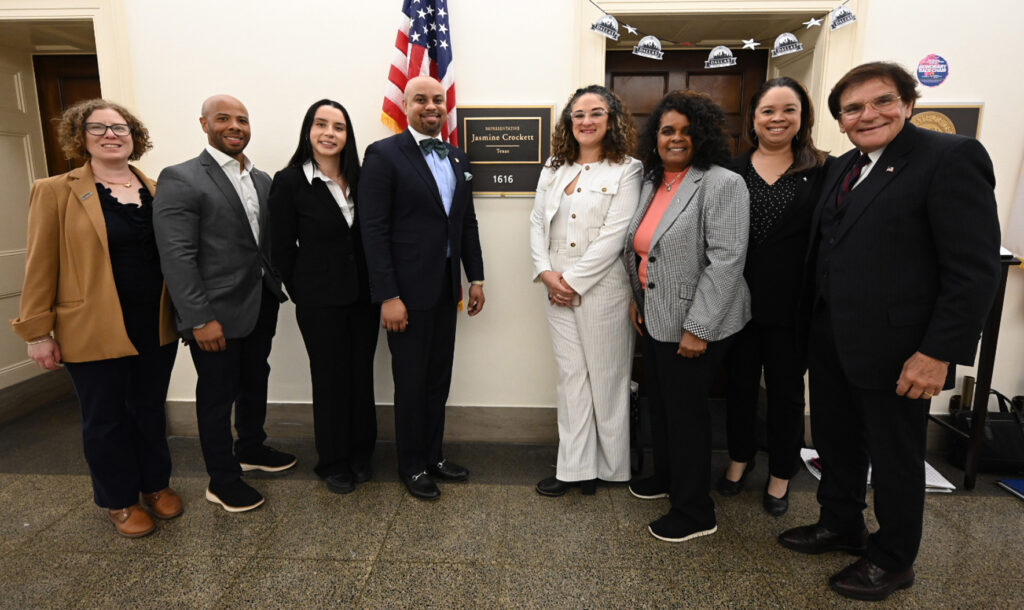
“Fiscal Year 2026 represents a pivotal moment for the future of public transportation in America,” said APTA President and CEO Paul P. Skoutelas. “Every dollar we invest in public transit generates five dollars in long-term economic returns. These aren’t just numbers; they represent real opportunities for communities across our nation to thrive.”
As Congress works to complete the FY26 THUD Appropriations bill and develop legislation to succeed the expiring Infrastructure Investment and Jobs Act (IIJA), APTA is calling for $22.3 billion in public transit funding and $21 billion for passenger rail in the upcoming fiscal year.
Federal public transit and passenger rail investments deliver broad economic benefits, with 77 percent of funding flowing to the private sector. Every billion dollars invested creates or sustains nearly 50,000 jobs across the entire economy, demonstrating the multiplier effect of transit investment.
APTA strongly supports the Senate THUD Appropriations bill, which increases public transit investment to more than $21 billion and maintains passenger rail investment at $16.2 billion. The association urges Congress to reject House provisions that would cut Capital Investment Grants (CIG) to the lowest level in almost 30 years and prohibit funding for specific passenger rail projects.
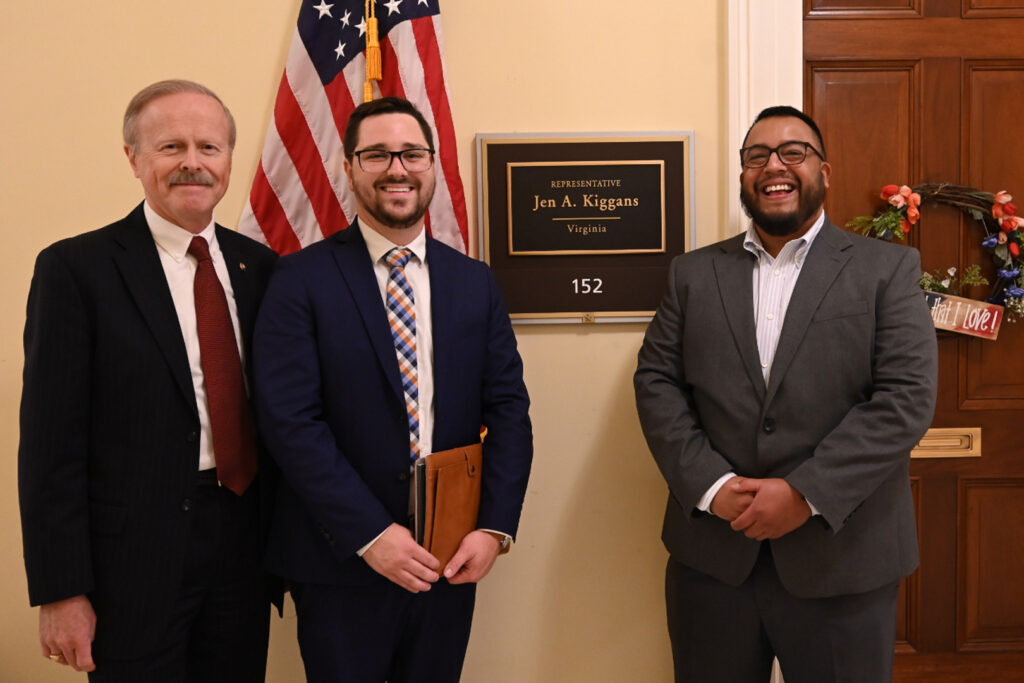
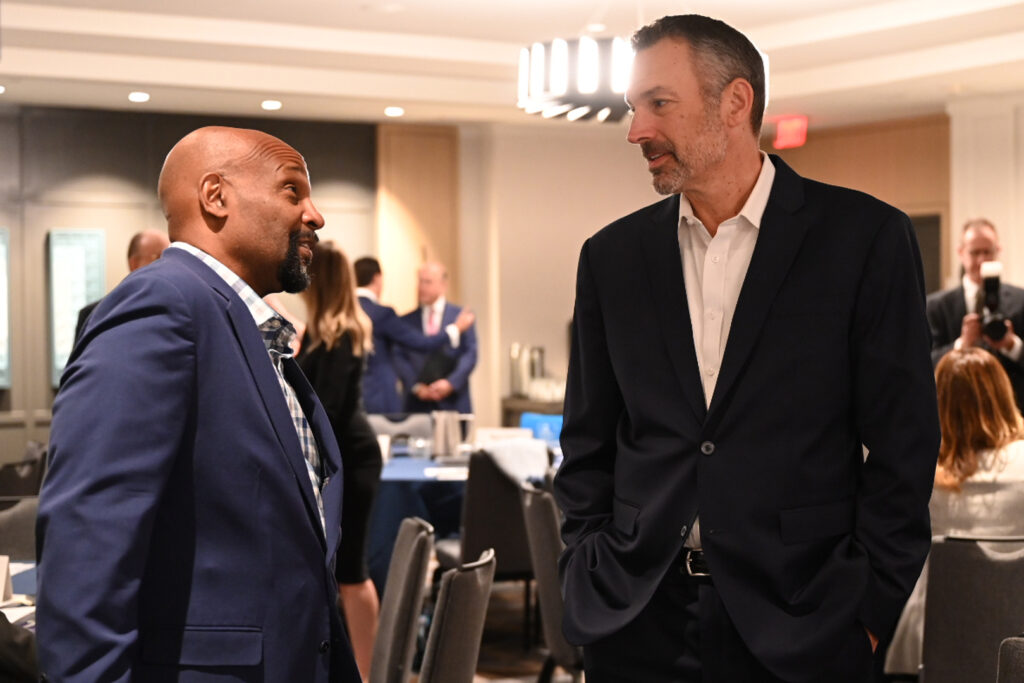
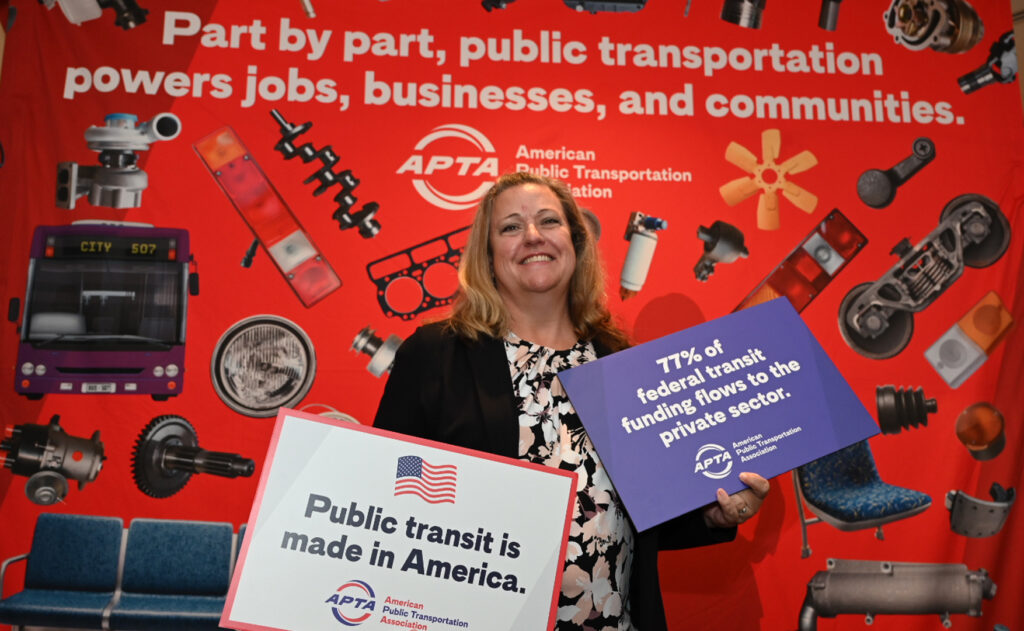
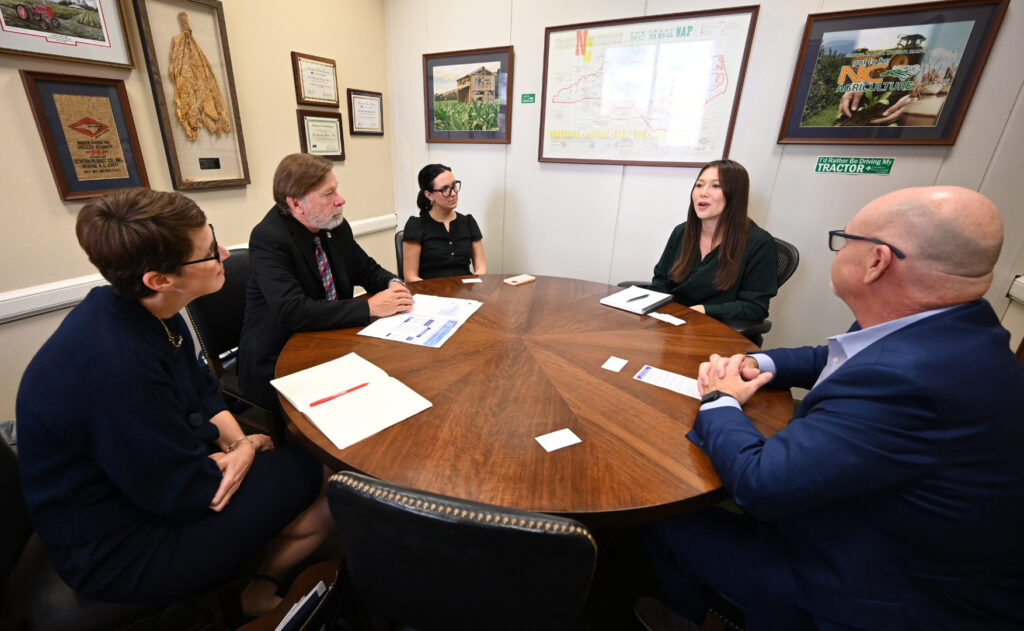
Looking beyond FY26, APTA calls on Congress to build upon current investment levels in the next Surface Transportation Authorization Act, providing $138 billion for public transit and $130 billion for passenger rail over five years. These investments will drive economic growth; create jobs and new opportunities; advance safety, security, and accessibility; and foster innovation.
In addition, APTA urges Congress to advance critical statutory reforms that streamline program requirements and accelerate project delivery, including:
- Streamline Statutory Requirements for Public Transit and Passenger Rail (e.g., simplify CIG requirements, eliminate bus spare ratio requirement).
- Advance Safety, Security, and Accessibility for Riders, Workers, and Communities (e.g.,establish clear transit CEO executive authority for agency safety).
- Strengthen Collaborative, Local Decision-making (e.g., ensure public transit voting representation on Metropolitan Planning Organizations).
- Accelerate Project Delivery and Permitting Reform (e.g.,authorize transit agency assumption of environmental responsibility).
“Congress must act now to fully fund public transit and passenger rail, reject harmful cuts to critical programs like Capital Investment Grants, and provide the statutory clarity our industry needs to deliver safe, reliable service,” said Skoutelas.
Learn more about APTA’s advocacy priorities. Access APTA’s Advocacy Toolkit.
In addition, APTA’s Industry Footprint shows how many riders use public transportation; recent major grant awards; and the manufacturing, construction, and engineering firms advancing public transportation projects in each congressional district and state. The My Economic Impact tool uses agency budget data to calculate the economic impact of your transit service.
View more images from the Fly-In here.